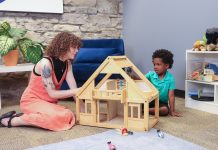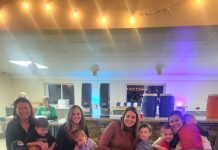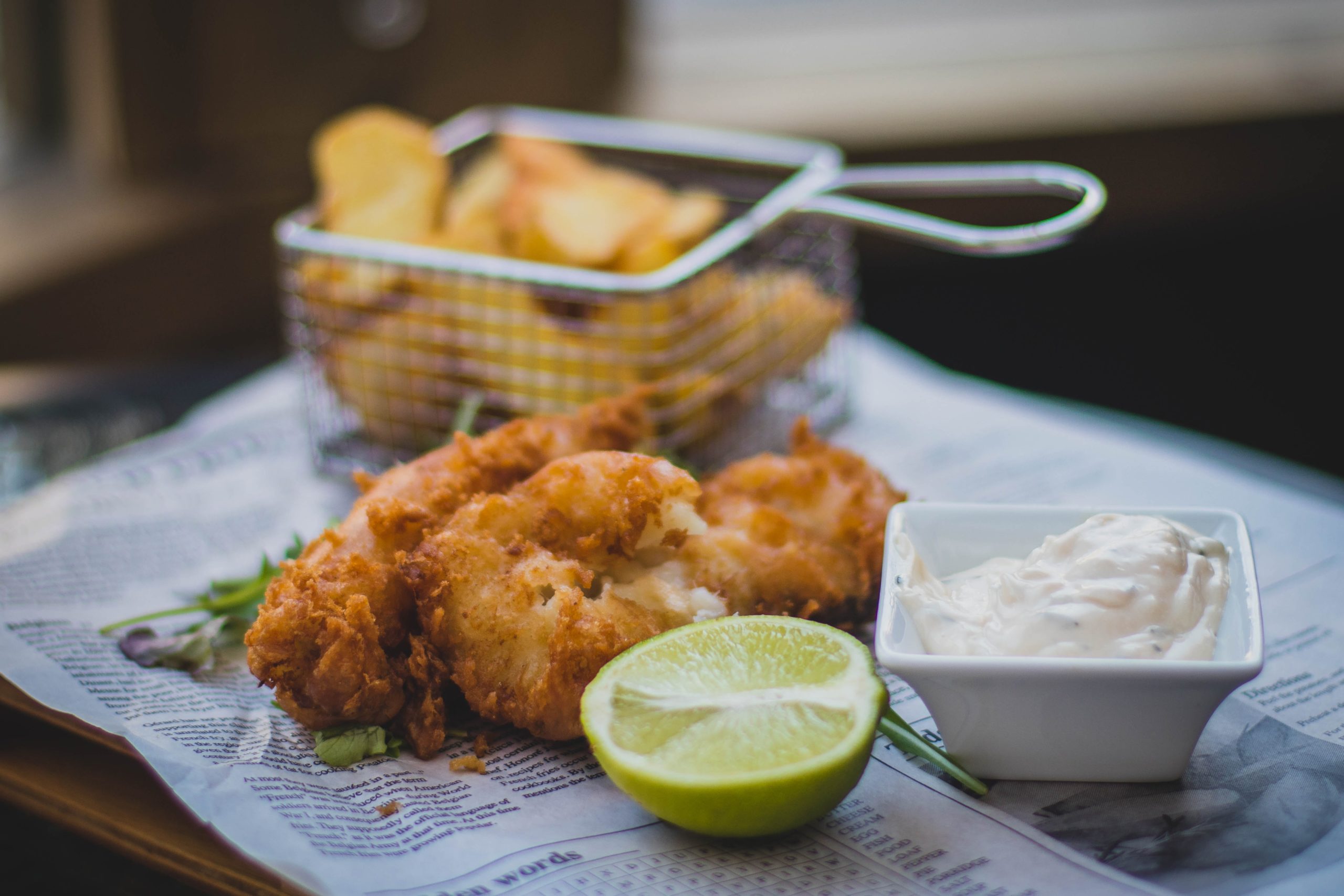“Wow! She’s beautiful! Is she mixed?”
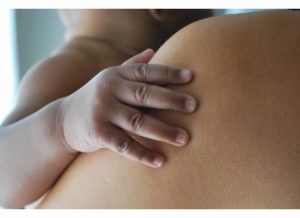
“Why couldn’t you have your own kids?”
“Now that you’ve adopted, are you going to get pregnant?”
“What country is he from?”
“How long have you been foster parents?”
“Are your kids real siblings?”
This is just a small sampling of the questions my family is asked, usually by a stranger, and at the most inopportune time: like when we’re standing in line for a bathroom stall, going through security at the airport, playing at the park, or trying to checkout at Target. No place, no situation, seems to be off-limits when someone is dying to get “the scoop” on our family.
Our adoptive family status is obvious, and has been for a decade when our first child, an African American girl, joined our family. Two years later, we adopted another African American girl. Two years later, our son was born. And then three-and-a-half years later, another daughter.
Our family stands out because we’re big, loud, and multiracial. Our adoptive family “status” is obvious: two white parents and four Afric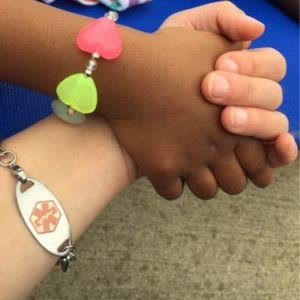 an American children. So we are quite used to the nosy questions, though it doesn’t make them any less awkward and intrusive.
an American children. So we are quite used to the nosy questions, though it doesn’t make them any less awkward and intrusive.
We know that most people are uneducated on adoption. They cling to stereotypes they’ve learned from Lifetime movies and the media. They might even know a person or two who was adopted, and they base their understanding of adoption on the experiences of those adopted individuals.
The hardest part about the demands of strangers is that they ask questions in front of my children, usually in a manner that doesn’t respect my kids as people, people with a right to privacy. You see, adoption stories are intricate, bittersweet, and sacred. My motto is, “Don’t hand out your child’s adoption story like a grandma hands out cookies.”
I’m not only protective of my children, but of their birth families, most of whom we have ongoing communication with. The mothers and fathers who created, birthed, and placed their children for adoption hold a special place in our hearts.
Being a transracial, adoptive family is an honor. It’s also a humbling privilege that we, as parents, take very seriously. Which is exactly why we don’t divulge “the deets” to every person who demands them.
However, we do offer general adoption education. For example, when we’re asked how long we’ve been foster parents, based on the assumption that black children with white adults must mean the children are in foster care, we let that person know that no, we aren’t foster parents, and the majority of children in foster care are white. When someone asks if my children are “real siblings,” the response is, “Yes. Children in the same family, with the same parents, are real siblings.” When asked what country our kids are from, based on the as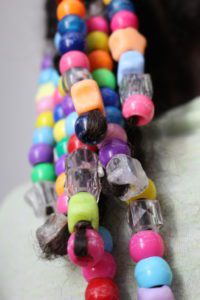 sumption that children of color were adopted internationally, we sometimes laugh and say, “Missouri.”
sumption that children of color were adopted internationally, we sometimes laugh and say, “Missouri.”
I know some argue that society is too politically correct these days, easily offended by anything and everything, but I argue that no adult has the right to use their age, size, and adult “status” to make intimate demands of children, especially children they have no relationship with. So I’ve taught my children that it is OK to tell an adult who has asked a nosy question something like “That’s private” or “That’s personal” or “My mommy says I don’t have to tell strangers about that.”
We are a loud-and-proud transracial, adoptive family. (Heck! I write and speak about adoption for a living!) But we also have boundaries. Because my job as a mother, first and foremost, is to protect my children. And I’m going to do just that.
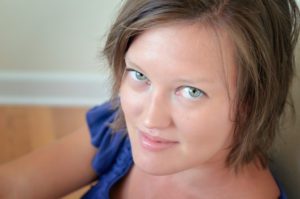 Rachel Garlinghouse is a “real mom” of four, all whom were adopted transracially and domestically. She and her husband have been married fifteen years and love living just outside St. Louis. Rachel’s adoption education and experiences have been featured on CNN, NPR, MSNBC, and CBS. Her articles on race and adoption have been read by millions, and she’s sold thousands of books, including her latest, The Hopeful Mom’s Guide to Adoption: The Wit and Wisdom You Need for the Journey. Rachel is also a breast cancer survivor and type 1 diabetic. Connect with Rachel on her blog, Instagram (@whitebrownsugar), Facebook, and Twitter.
Rachel Garlinghouse is a “real mom” of four, all whom were adopted transracially and domestically. She and her husband have been married fifteen years and love living just outside St. Louis. Rachel’s adoption education and experiences have been featured on CNN, NPR, MSNBC, and CBS. Her articles on race and adoption have been read by millions, and she’s sold thousands of books, including her latest, The Hopeful Mom’s Guide to Adoption: The Wit and Wisdom You Need for the Journey. Rachel is also a breast cancer survivor and type 1 diabetic. Connect with Rachel on her blog, Instagram (@whitebrownsugar), Facebook, and Twitter.



